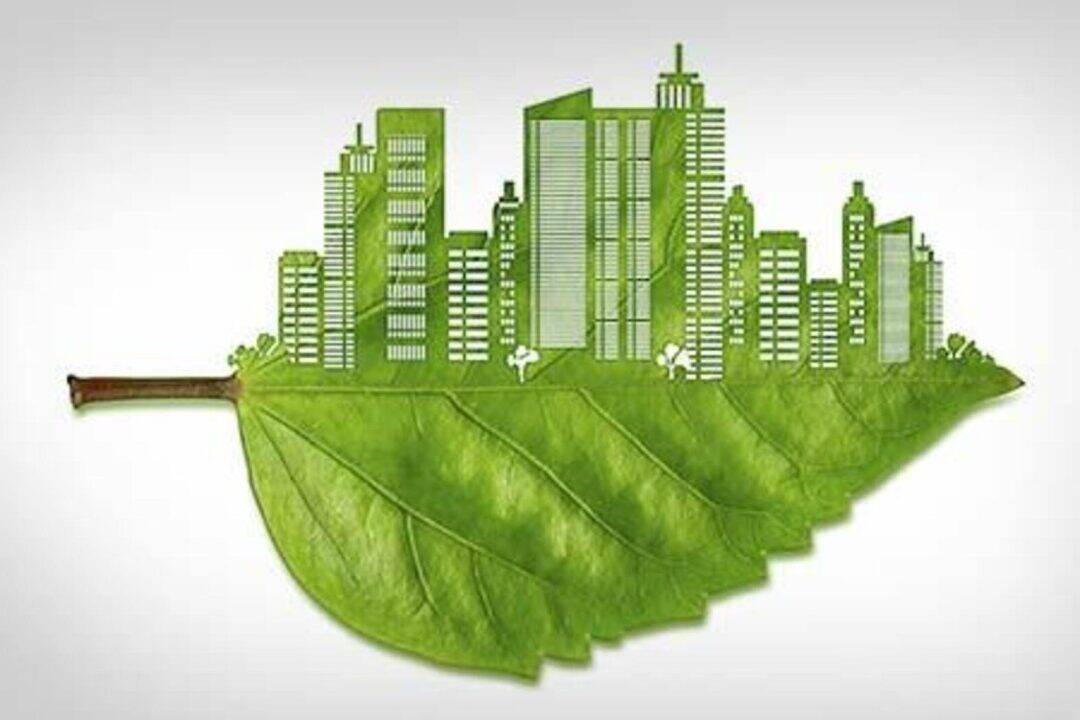As environmental awareness expands globally, green certifications have gained prominence in the real estate market, appealing greatly to eco-conscious buyers. These certifications indicate that properties meet certain environmental standards, making them attractive for those looking to reduce their environmental footprint and improve their quality of life. For real estate professionals, understanding and promoting these certifications not only aligns with current sustainability trends but also enhances property value and marketability.
Understanding Green Certifications
Green certifications are formal recognitions awarded to properties that adhere to specific environmental and sustainability standards. They assess various aspects of a property, such as energy efficiency, water conservation, indoor air quality, and sustainable construction materials. Some well-known certifications include LEED (Leadership in Energy and Environmental Design), ENERGY STAR, and the Green Building Council’s certifications.
Each certification provides a unique set of criteria and benefits. LEED, for instance, is awarded based on a point system covering a diverse range of environmental criteria, from site sustainability to water usage and indoor environmental quality. ENERGY STAR, on the other hand, focuses heavily on energy performance, ensuring that homes use at least 15% less energy than standard homes. For realtors, comprehending the distinctions and advantages of these certifications enables them to effectively communicate their value to potential buyers.
The Rising Demand for Green Certified Homes
In the era of climate change and environmental awareness, more homebuyers are actively seeking properties that reflect their eco-friendly values. Green certifications offer assurance that a property has been designed and built with sustainability in mind, providing benefits such as lower energy bills, healthier living environments, and reduced carbon footprints. This demand is fueled by several factors, including an increased awareness of climate change impacts, rising energy costs, and incentives for owning sustainable properties.
Moreover, green-certified homes often boast increased resale value. As these properties tend to be more energy-efficient and durable, they appeal to a broader range of buyers, ensuring quicker sales and potentially higher prices. For sellers and real estate professionals, understanding this dynamic is crucial to maximizing a property’s appeal in a competitive market.

Promoting Green Certifications in Listings
Effectively promoting a property’s green certifications requires more than simply noting the certification in the listing. Real estate agents must highlight the specific benefits and features associated with the certification, translating technical criteria into tangible advantages that resonate with potential buyers.
To achieve this, listings should provide clear and detailed descriptions of the certification’s benefits. For example, if a property has LEED certification, the listing might emphasize its energy-efficient systems, superior insulation, and reduced water usage, illustrating how these features lead to cost savings and improved living conditions. Including details on any financial incentives or tax benefits available for the certified property can further entice buyers.
Visual content can significantly enhance the listing’s appeal. High-quality images of energy-efficient appliances, sustainable landscaping, or architectural features that contribute to the green certification can provide a compelling visual narrative. Additionally, virtual tours focusing on sustainable features allow prospective buyers a first-hand look at the eco-friendly benefits the property offers.
Educating Buyers and Sellers
Education plays a pivotal role in promoting properties with green certifications. Real estate professionals must be equipped to educate both buyers and sellers about the value and advantages these certifications provide.
For buyers, understanding green certifications may not be second nature. Realtors can bridge this knowledge gap by providing educational materials, conducting informational sessions, or including certification explanations within marketing materials. Buyers should be made aware of the cost savings, health benefits, and environmental impact of owning a green-certified home, emphasizing how these properties align with their lifestyle and values.
Educating sellers is equally important. Sellers need to understand how green certifications increase their property’s marketability and potentially enhance its value. By making targeted improvements that qualify their home for certification, sellers can capture interest from eco-conscious buyers and even command premium pricing.
Overcoming Challenges in Promotion
Promoting green certifications in the real estate market does come with challenges. Misconceptions about costs, lack of familiarity with certification systems, and skepticism about the tangible benefits can hinder interest in certified properties.
To address these challenges, realtors should present case studies or data that highlight the long-term financial benefits and increased property values associated with green-certified homes. Collaborating with certification bodies or environmental organizations to provide up-to-date information and market trends can also bolster credibility.
Additionally, real estate professionals should remain informed about regulatory changes and new certifications entering the market to provide accurate and current information to clients. By positioning themselves as knowledgeable advocates for green properties, agents can build trust with clients and enhance their professional reputation.
The Future of Green Certifications in Real Estate
As more buyers prioritize sustainable living, the role of green certifications in the real estate market is poised to grow. The trend toward sustainability is not just a passing phase; it reflects a fundamental shift in consumer priorities that will continue to shape market dynamics.
Future developments in green certifications will likely focus on inclusivity and accessibility, expanding their reach across different property types and price ranges. This evolution will open new opportunities for real estate professionals to cater to a wider audience, further embedding sustainability into mainstream property transactions.
Moreover, advances in technology will facilitate more precise assessments and customized solutions for achieving certification. Realtors who adapt to these innovations will find themselves well-positioned to seize new opportunities in the evolving market.

Conclusion
Promoting properties with green certifications presents a significant opportunity for real estate professionals to tap into the growing market of eco-conscious buyers. By understanding the nuances of various certifications and effectively communicating their value, realtors can enhance property appeal, maximize value, and contribute to a more sustainable future.
As the demand for green-certified homes continues to rise, real estate agents who embrace and advocate for sustainable practices will not only meet consumer demand but also play a pivotal role in the industry’s transformation toward sustainability. By staying informed and committed to educating clients about the benefits of green living, realtors can ensure their success in an ever-evolving market where environmental consciousness remains at the forefront.
Frequently Asked Questions and Answers
-
What are green certifications in real estate?
Green certifications are accolades awarded to properties that meet specific environmental and sustainability benchmarks, demonstrating energy efficiency, reduced carbon footprint, and use of sustainable materials. -
Why are green certifications important in property listings?
Highlighting green certifications enhances a property’s appeal by attracting eco-conscious buyers interested in energy savings, healthier living, and environmental responsibility. -
How do green certifications impact property value?
Properties with green certifications often have higher resale values and attract a broader buyer pool willing to pay a premium for sustainability features. -
What are common green certifications available for homes?
Some prevalent certifications include LEED (Leadership in Energy and Environmental Design), ENERGY STAR, and the Green Building Council’s certifications, each focusing on various sustainability criteria. -
How can real estate agents educate buyers about green certifications?
Agents can offer informational sessions, provide educational materials, and include detailed explanations of certification benefits in marketing materials to bridge knowledge gaps. -
Are there financial incentives for purchasing green-certified properties?
Many green-certified properties qualify for tax credits, rebates, or reduced utility costs, which can make investing in such homes financially attractive. -
How can sellers benefit from obtaining green certifications for their properties?
Sellers can distinguish their properties in the market, potentially command higher sales prices, and appeal to a growing segment of eco-aware buyers. -
What challenges do realtors face in promoting green certifications?
Challenges include addressing misconceptions about costs, educating clients about benefits, and overcoming skepticism related to the legitimacy or relevance of certifications.










